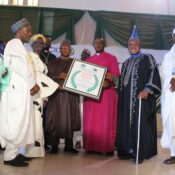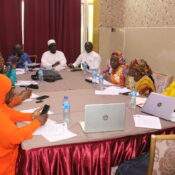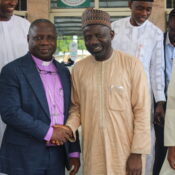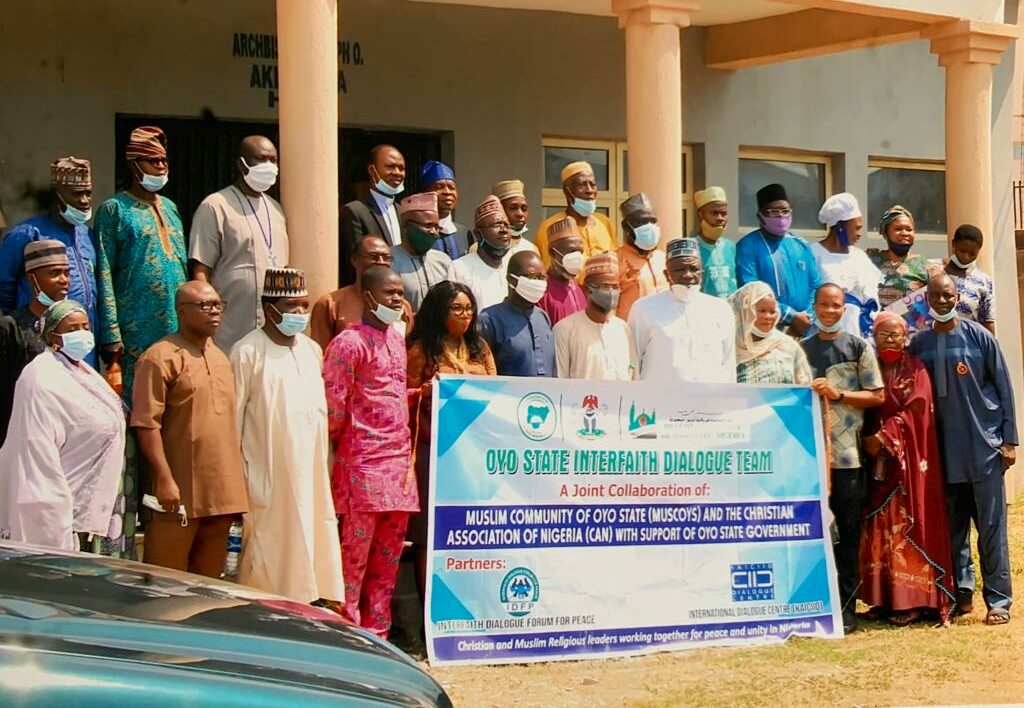
Strengthening Capacity of Religious Actors for Conflict Response, Phase II
Over the recent decades, the use of religion to promote war has become an increasingly pressing global concern. In a post conflict era, religion has more and more often come to be associated with violence, extremism and fear. Despite the growing concern about the violent potential of religion – or perhaps because of it – the other side of the coin remains largely overlooked in the media and public discussions. Academics and practitioners, however, have begun to turn their attention to the potential role that religion can play in ending violent conflicts and promoting peace.
Attention has therefore turned to new types of insider mediators, one subgroup of which are “religious leaders”. These types of authoritative religious figures have been suggested to have particular strengths that grant them a great deal of potential to carry out various peace mediation, peacebuilding and conflict transformation activities in their communities and places of worship.
In seeking to prevent incitement to violence, it is important to consider which actors are most influential. Religious leaders, in particular, have a strong potential to influence the lives and behavior of those who follow their faith and share their beliefs. When they speak out, their messages can have a strong and wide-ranging impact.
Religious leaders can use their influence in either positive or negative ways. Some have used their position to spread messages of hatred and hostility that have incited violence. Many others, however, have been responsible for preventing violence and its incitement by spreading messages of peace, tolerance, acceptance and mutual respect, and by taking action to reduce tensions between communities. Religious leaders and actors can be strong partners in the prevention of violence.
The activities/ processes under this project leverages upon the recommendations from the advocacy visits conducted by the IDFP wherein the key theme was to build capacity of religious leaders in detecting, reporting and responding to early warning signals. The project consist of a unique, informative and timely series of consultations, primarily with religious leaders (including women/ youth) and also involving government officials and security officials. Though mainly, this project is dedicated to engagement with religious leaders and actors to develop strategies to prevent violent conflicts that could lead to killings. Senior religious leaders are generally more effective in resolving disputes than their junior counterparts. However, women and youth leaders have an important role to play in conflict prevention. When community members ask religious leaders to mediate disputes between them and members of the conflicting community, they usually turn to leaders at the top of the hierarchy, such as imams or Pastors. However, research found that youth religious leaders and women religious leaders also have an important role in that they work with youth to shift their perception of the other group, helping them understand the negative impacts of retaliation and joining violence. Religious leaders have a high potential for changing attitudes and behavior.
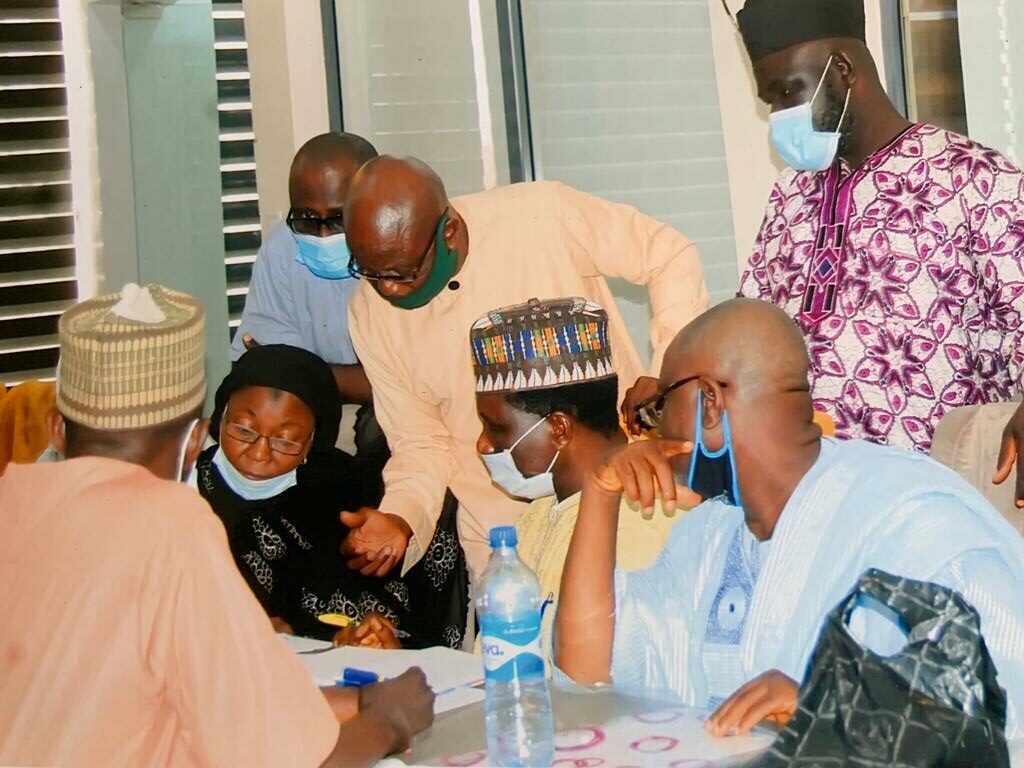
The project is part of the overall strategy of IDFP and is connected to the broader vision of responding to conflicts in Nigeria by utilizing the potential of religious leaders.
The monthly meetings of mediation units will allow for a sustainable development of capacities and engagement of trained individuals.
The challenges encountered by the mediation units can be escalated to IDFP for support which will allow for a comprehensive inclusion of all communities involved and strengthen the central role of IDFP while creating institutional memory.
Opportunities will be created for exchange learning between mediation units in the North and those in the South. Similarly, yearly refresher trainings will be designed to deepen the knowledge of mediation teams and expand the pool of mediators in Nigeria.
There will be regular check in’s and monitoring of the mediation teams by IDFP Secretariat on their early warning function are intended to ensure longt term focus.


